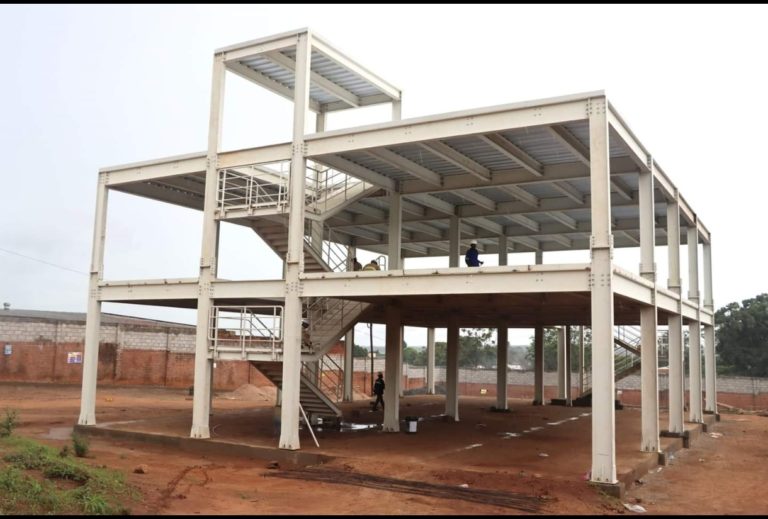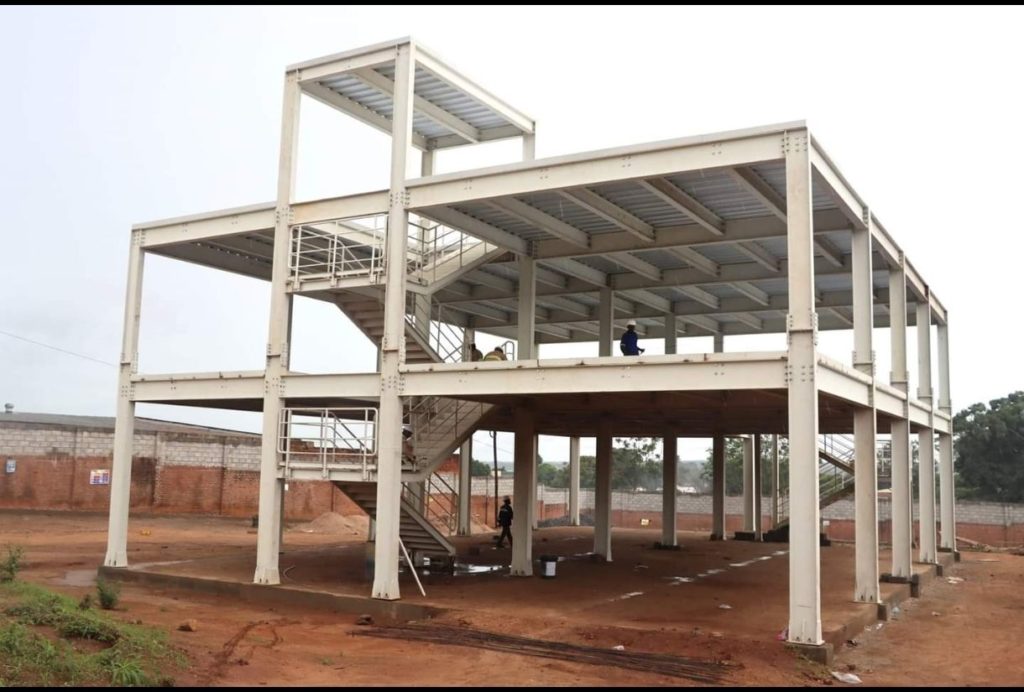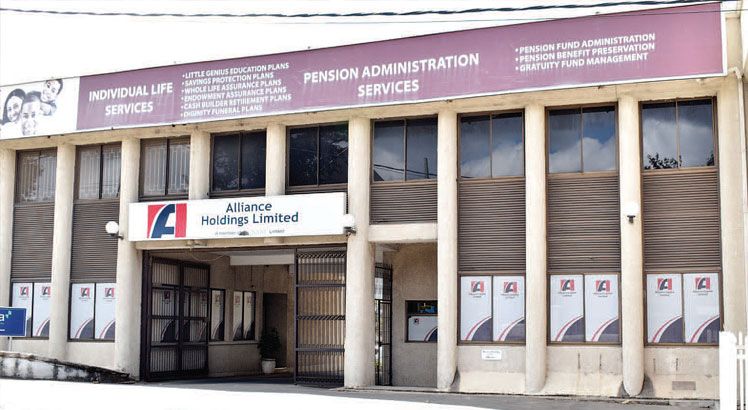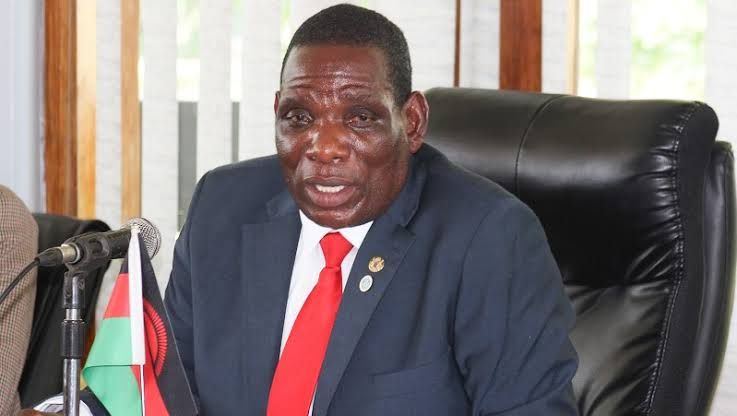By Memory Khutuliwa
National Initiative for Civic Education (NICE) Trust has set up mechanisms that will make youths come out in their large number to vote in 2025 local government, parliamentary and presidential elections.
In an interview, NICE Trust Executive Director Gray Kalindekafe said the Trust is aware that youth constitute a larger percentage of the Malawi population but fail to register to cast their vote in elections.
“We are aware of the hurdles that lie in the path of our youth and this is why we are planning to reach out to them through pyramid approaches,” he said.
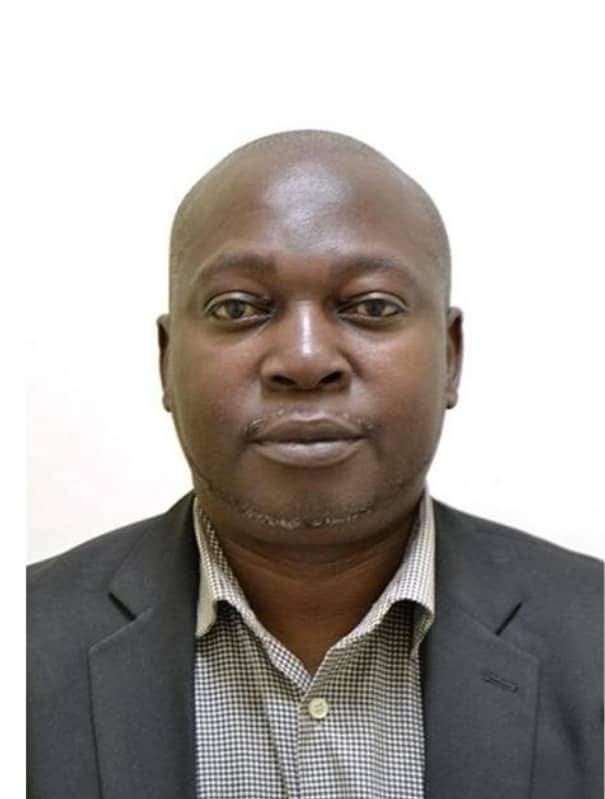
Kalindekafe said the trust intends to mainstream youth in all interventions in different projects lined up prior to the elections citing two projects namely Boma Lathu funded by the European Union (EU) and Nthawi Yao funded by the United Nation Development Fund (UNDP).
“As we promote women participation in politics, we will reach out and mobilise numerous youths that aspire to become representatives as councilors or members of parliament. In these initiatives, NICE will be able to share with the youth reasons why they should be the first to believe in the power to vote,” Kalindekafe explained.
He said the projects were meant to increase participation for women, youth and disadvantaged groups in the democratic and good governance processes that include local accountability systems as well as ensuring credibility of electoral processes through their participation.
“We intend to make youth participation in electoral processes meaningful, especially considering that elections are about power and authority that they are highly contentious hence emotive to the extent that violence is used to some extent,” Kalindekafe added.
He observed that political violence frustrates citizen participation in elections adding that, among others, NICE Trust will engage the youth in political parties and other organised group like faith community to discourage youth participation in acts of political violence.
Kalindekafe expressed hope that direct youth engagement will certainly encourage youth participation in the electoral process including casting their vote.
“Through voter and civic education mandate, NICE Trust will use its unique traditional approaches that are anchored in the 360 degrees Civic Education Model for civic and voter education that seeks to address challenges in democracy and good governance.
“We will embark on various approaches and methodologies through trainings or orientations workshops, mass awareness and mobilisation, community level meetings and shows, village caravans, youth centric interventions like sports bonanzas and brief talks in video show,” Kalindekafe added.
Through Area Civic Education Coordinators and other volunteers, NICE Trust also intends to target mobile youths through road shows around mobile markers, public debates and panel discussions on community radio stations to ensure that most youth are reached out.


